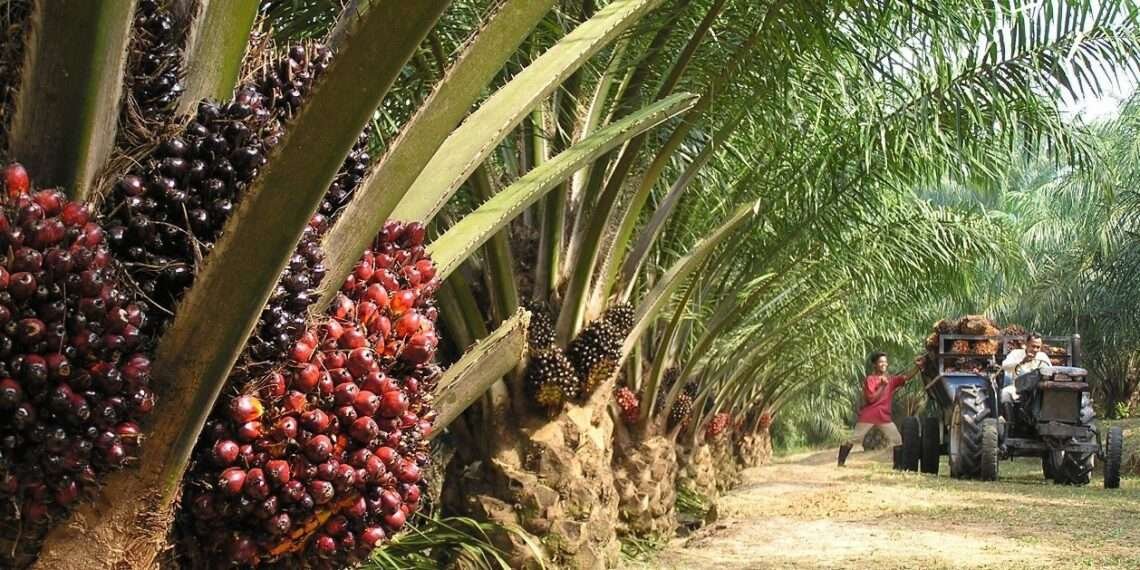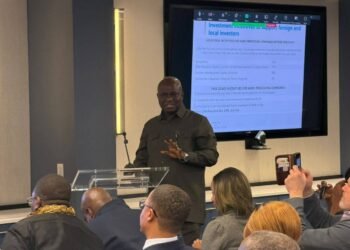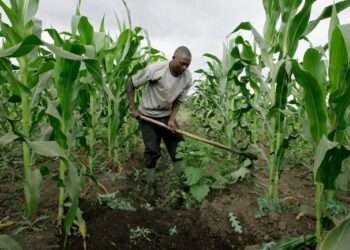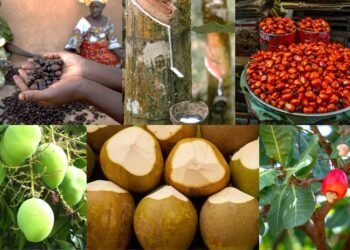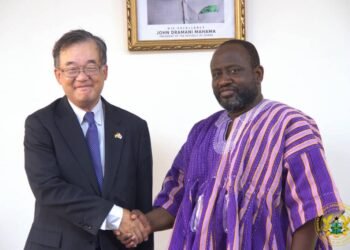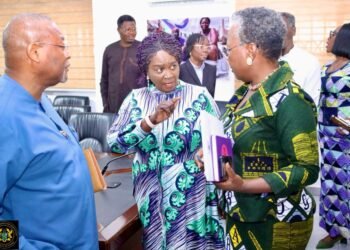‘Oil palm mamas’ or ‘market queens’, as they are descriptively referred to, in the informal oil palm industry in Ghana, because of their high-profile operations throughout the oil palm value chain play a highly competitive role in the sector.
Representative of all women workers within the oil palm industry, these oil palm mamas, unlike their male counterparts (oil palm kings) face gendered challenges that grossly shrink the benefits and opportunities open to them in the sector.
The timely research conducted by scientists with the CGIAR Research Programs on Forests, Trees and Agroforestry (FTA), Policies Institutions and Marketplaces (PIM) and partners, identified the opportunities and challenges for realizing sustainable and gender equitable value chain participation across different types of palm oil processing mills.
Notably, the findings of the research lifts the veil off the sector, and proposes that palm oil enterprises and stakeholders in formal and informal sectors improve their production systems without disproportionately disadvantaging women workers.
CGIAR’s Center for International Forestry Research and World Agroforestry (CIFOR-ICRAF) in carrying out the gendered analysis, used sex-disaggregated surveys, semi-structured interviews and stakeholder forums, to measure the social footprint of informal and formal market value chains for oil palm in Ghana’s Eastern Region.
Emily Gallagher, a scientist at CIFOR-ICRAF with specialty in integrated rural development, said:
“What we want to demonstrate with this social footprint analysis is that both formal and informal oil palm processors serve functional niches in this highly gendered economy,” while defining “highly gendered” as an economy structured by gender norms in which women and men each have specific roles with little crossover or transgression of those norms.
“The methodology proposed in the manual allows us to share our findings visually with palm oil enterprises so that they can take actionable steps to upgrade processing conditions and improve employee satisfaction without sacrificing labor opportunities for women and men.”
Emily Ghallagher, Scientist, CIFOR-ICRAF
More Women are less competitive in the industry
Previous research on the subject within the oil palm sector revealed that by formalizing the sector, women could be disproportionately disempowered. While it is easy for men to find decent jobs in the formal sector, women are more likely relegated to temporary work and lower-paying positions.
In most cases, women have slim chances to receive formal education and training, which makes them less competitive in a formalized industry with rapidly evolving technologies.
“We must address issues of fair competition, contract loyalty and basic environmental and occupational health standards while finding ways to support a vibrant palm oil economy that works for producers and processors of different genders.”
Emily Ghallagher, Scientist, CIFOR-ICRAF
In making this happen, the research revealed that there are means by which the formal sector could accommodate some of the social structures and flexible work arrangements that make artisanal processing mills appealing to female workers.
Also, both formal and informal sectors in a very profound sense, can choose to upgrade to new technologies so that the industry would not drop unskilled laborers but rather provide intrinsic opportunities to all.
The research made references to the development of gender-responsive oil palm sustainability standards through CIFOR-ICRAF’s ongoing engagement with certification bodies such as the Roundtable on Sustainable Palm Oil (RSPO) and the Tree Crops Development Authority (TDCA).
By bringing together stakeholders and interest groups would help develop standards that are equitable for women and men of different ethnicities, classes and generations, the research noted. As a result, ‘oil palm mamas’ and ‘market queens and kings’ can continue to demonstrate, fairly-compensated roles in Ghana’s oil palm sector and beyond.
Indeed, the informal oil palm sector is saddled with long-standing problems including low oil extraction rates, poor working conditions and negative environmental impacts linked to carbon emissions, air and water pollution which poses greater risk to workers within this space.
The gender gaps within the sector show that about 80 percent of informal mills are owned by men, even though the operators and majority of laborers are women; this creates a barrier to equal benefit sharing between the genders.
By extension, other issues have become of interest in the sector, that is, the government’s decision to indefinitely suspend the review of the 50% benchmark reduction policy. Of which the Oil Palm Development Association of Ghana (OPDAG), in a statement, has called on the government to reconsider its decision in order to salvage local businesses.
READ ALSO: UK Gov’t Supports Company to Export Emergency Bridges for Flood-Hit Areas in Ghana

